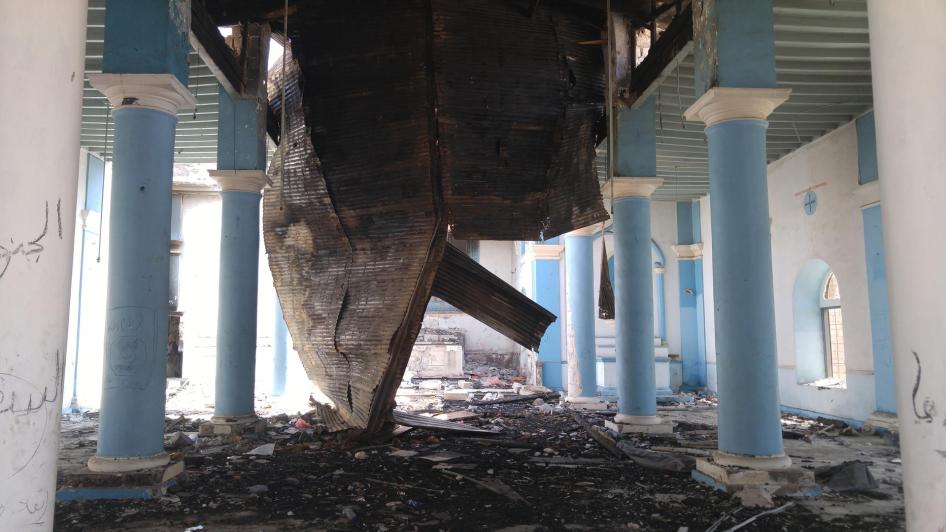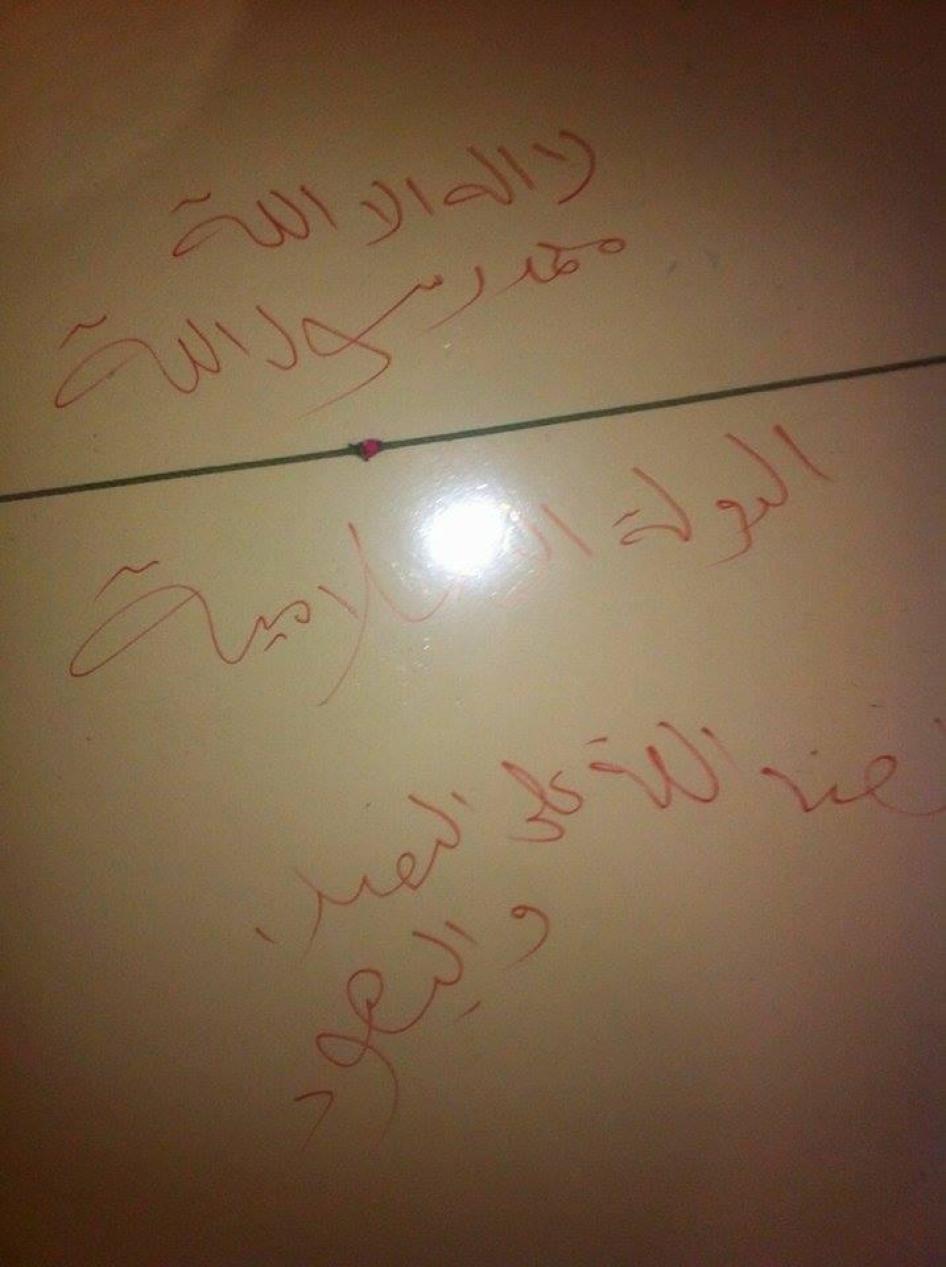Christians and Yemen’s other dwindling minorities are now being targeted by armed groups with little hope of protection from a divided, dysfunctional, and deteriorating state.
Over the last year, Yemen’s brutal war has killed over 3,000 civilians and destroyed considerable civilian property. Various armed groups, most notably the Houthis and an anti-Houthi bloc that includes Islamists, tribal groups, and southern separatists, have taken over cities and towns in this overwhelmingly Muslim country of 26 million. In much of the country, lawlessness reigns.
One community, Yemen’s Christians, has felt the war’s impacts acutely. The estimated 41,000 Christians consist of both native Yemenis and refugees from abroad, though in the past year many have fled the war-torn country.
‘John,’ as I’ll call him, is a Yemeni Christian who used to run a library that included Christian literature in Taizz, Yemen’s third-largest city. He described an increasingly dangerous atmosphere for Christians in a country where militant Islamists are increasingly gaining ground, and told me he had been receiving threats for several years – mostly over Facebook – including from people labeling him an apostate. However these threats never used to worry him. He knew that the local police would never let anything happen to him, before the war threw the country into chaos.
On 23 February 2015, a shipment of books, including Bibles and other Christian literature, arrived for John at Taizz airport. Customs officials confiscated the shipment, and an official involved in the case told Human Rights Watch that other officials suggested burning the books because “they were offensive to the community and religion.” He said that the same officials warned John’s lawyer that he should be careful about “reckless men concerned with their religion [who] may set [John]’s library on fire if the shipment were to enter the city.”
Fighting broke out in Taizz in late spring 2015 between supporters of the northern Houthi forces and armed groups opposed to Houthi rule. At that point, John said, attacks against him over social media intensified. Toward the end of April, extremist elements became more active within the anti-Houthi opposition in the city, and he had no choice but to flee.
One of John’s neighbours told me that on the morning of 27 September, about 15 armed, masked men dressed in black arrived in two Toyota pickup trucks at the building housing John’s apartment and library. The neighbour said he watched them “pack the Christian books in boxes from [John]’s library and load them onto the cars.” He saw them burn the books in Souq al-Sameel, a nearby public marketplace.
The neighbour recognised the leader of the group as a well-known fighter in the city, who he believed was affiliated with the Islamist armed group Al-Qaeda in the Arabian Peninsula. The fighter questioned another neighbour about John’s “evangelising and selling Christian books to people.”
John sent Human Rights Watch a photo of graffiti the armed men left behind on his living room wall, which states in Arabic: “There is no God, but God. Mohammed is the messenger of God; The Islamic State, God’s curse on Christians.” His neighbours sent him a photo and said that other messages had been left as well. It is no surprise that John is afraid to return home.
More recently, there have been three attacks on Christian institutions in the southern port city of Aden, Yemen’s second-largest city. On 15 September, gunmen stormed and burned down the Church of St. Joseph, one of four Christian churches in the city. A witness said that several masked gunmen wearing white shirts with the Islamic State logo emblazoned in black arrived at the church on motorbikes. When they left a fire began to burn. By the time fire trucks arrived over 30 minutes later, most of the church had burned down.
On 9 December, an explosion destroyed Aden’s Immaculate Conception Catholic Church. Local residents alleged that Islamists were responsible.
And on 4 March, four unidentified gunmen entered a Christian-run retirement home in Aden and killed at least 16 people, including guards, drivers, cooks, and four nuns, the media reported. The gunmen also reportedly abducted an Indian priest. The attackers destroyed all the Christian symbols and liturgical articles at the home. The home’s residents, who were not Christian, were unharmed.
Although Aden is ostensibly under government control, the authorities have struggled to maintain security in the city and have been unable to prevent multiple attacks against civilians by Islamist armed groups, including against Christians. When asked about the attacks, the official spokesperson of the Aden Security Administration, Abdul Rahman al Naqeeb, told Human Rights Watch that extremist groups carried out the attacks and that the security forces in Aden work to protect minorities and stabilize security.
Uncovering the truth of who carried out any of these attacks seems unlikely, and bringing them to justice even less so. But for Christians and Yemen’s other dwindling minorities, the identity of the attackers matters less than the reality that they are now being targeted with little hope of protection from a divided, dysfunctional, and deteriorating state.
*This article was revised slightly and updated on May 31, 2016 to add a quote from an Aden Security Administration spokesperson.










